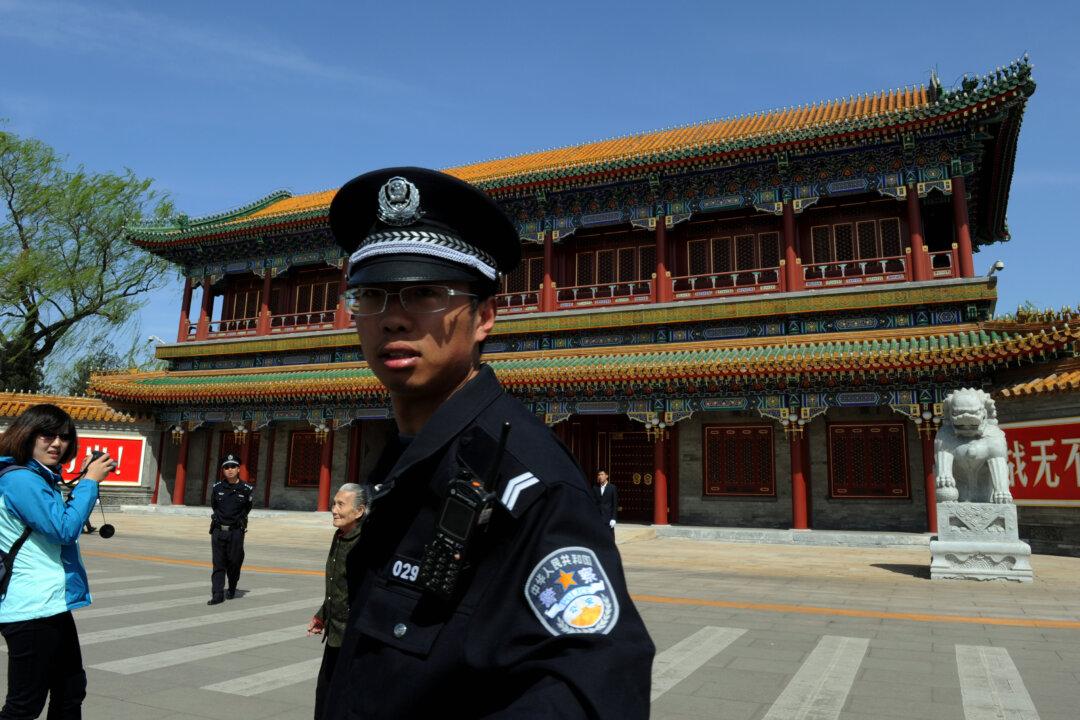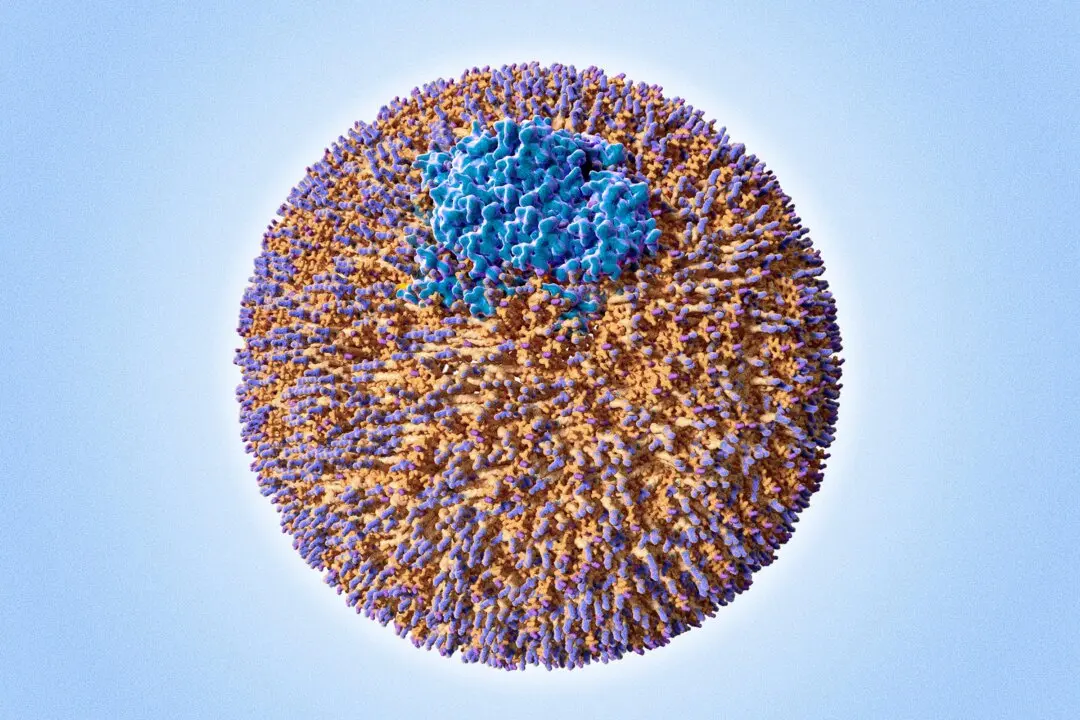The frequent personnel changes within Xi Jinping’s faction indicate a tacit balancing act employed by the top echelons to alleviate internal dissatisfaction with the Chinese leader’s governance, according to analysts.
Within two weeks, from the end of September to early October, at least three confidants of Xi, including one military disciplinary official, were removed from their key positions or placed under investigation.





